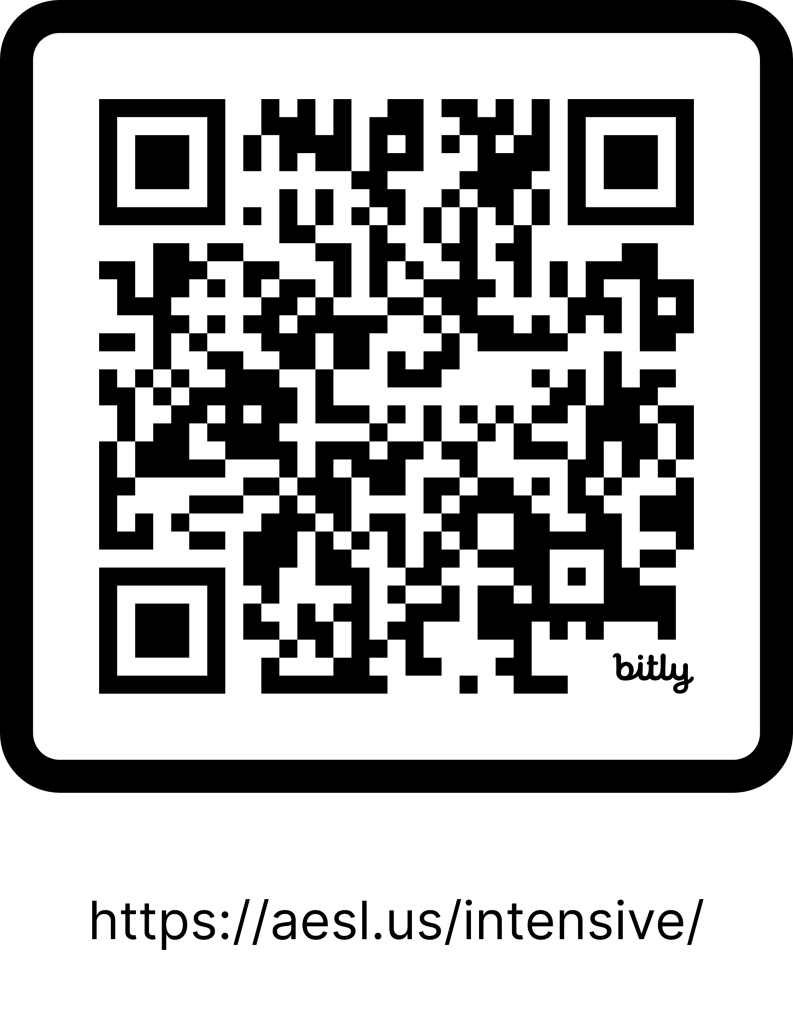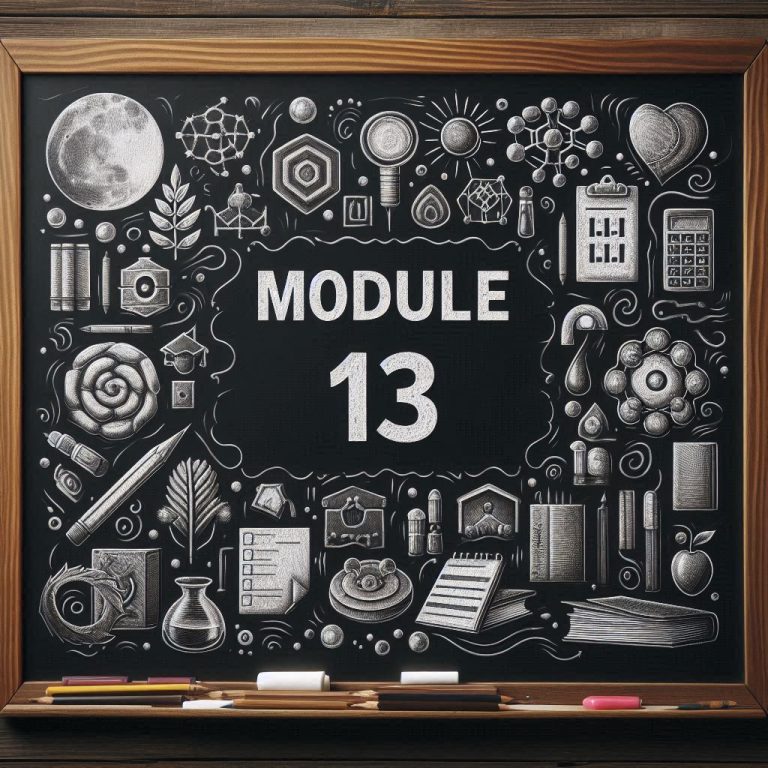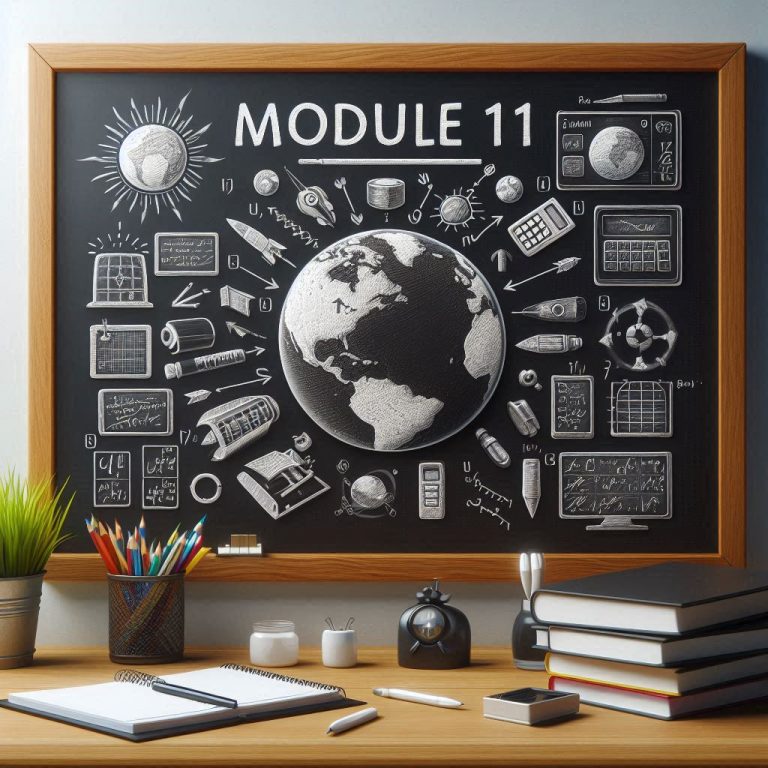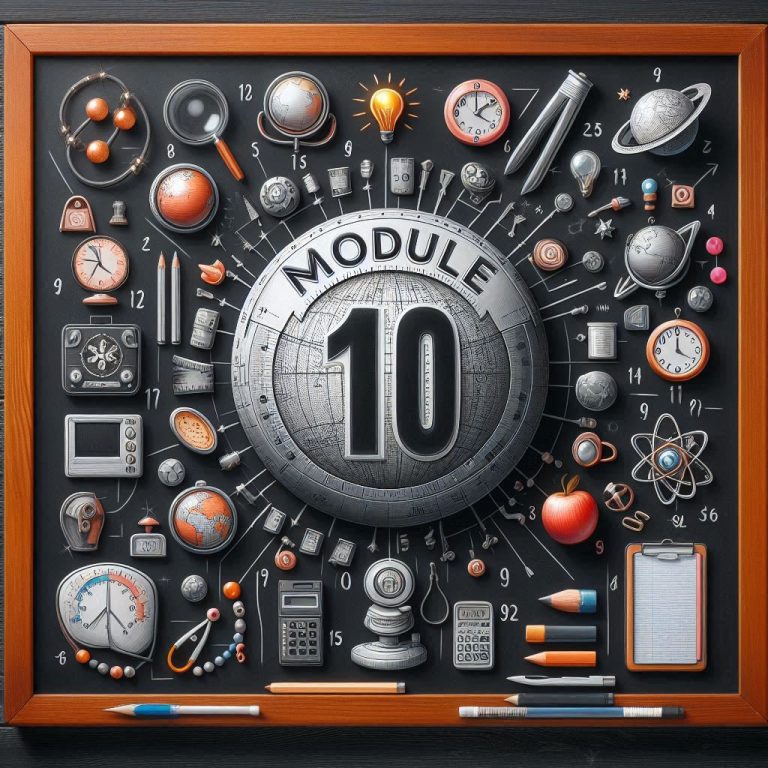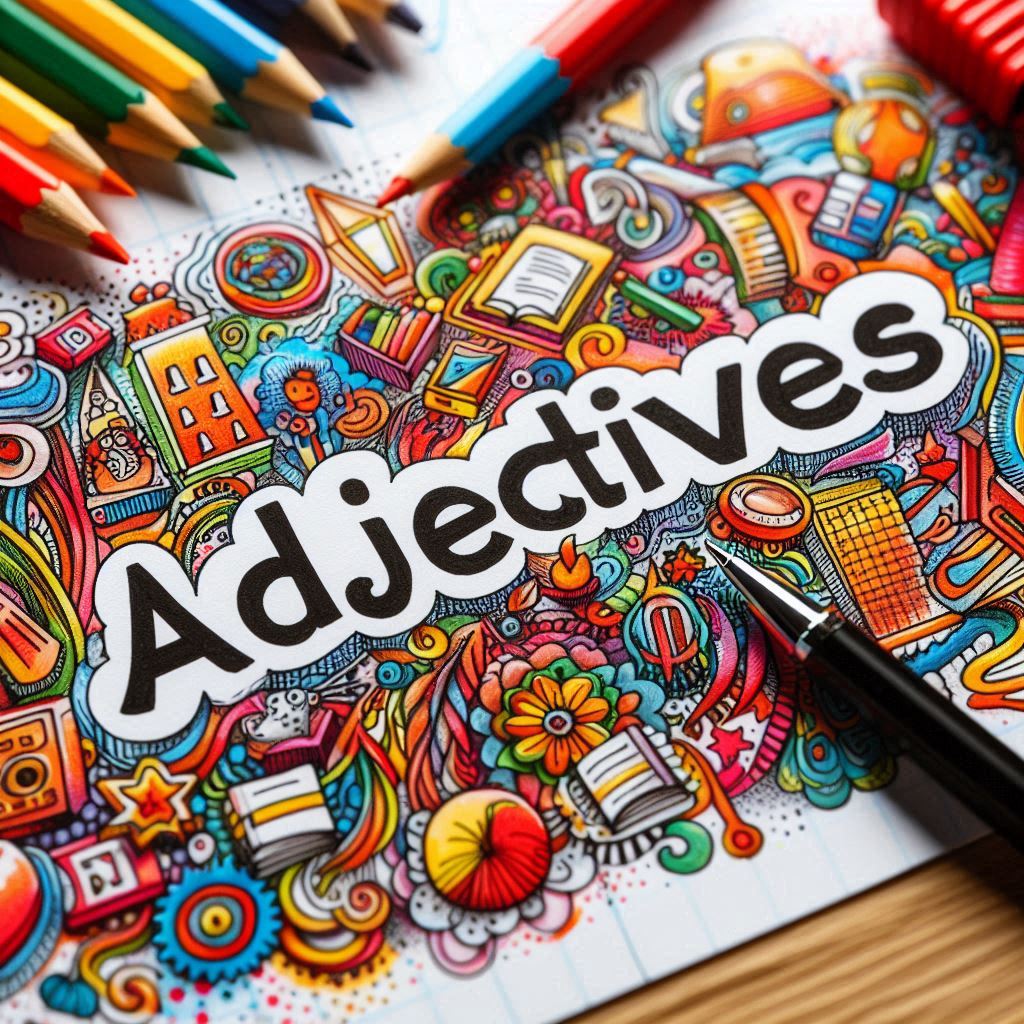
Learning About Adjectives
What Are Adjectives?
An adjective is a word that tells us more about a noun. A noun is a person, place, or thing. Adjectives help us understand what something looks like, feels like, or sounds like.
Adjectives answer these questions:
- What kind? (a red car)
- How many? (three books)
- Which one? (this house)
- Whose? (my dog)
Why Do We Use Adjectives?
Adjectives help us in many ways:
They help us see pictures in our mind: When you read “a big, green tree,” you can see it in your head.
They show feelings: Words like “happy,” “sad,” or “angry” help us understand how someone feels.
They make writing clear: Instead of saying “a car,” we can say “a small, blue car.” Now you know exactly which car!
They make writing interesting: Adjectives make sentences more fun to read.
Different Types of Adjectives
Words that describe things: big, small, hot, cold, beautiful, ugly
- Example: The hot coffee smells good.
Words that point to things: this, that, these, those
- Example: I like this book.
Words that show who owns something: my, your, his, her, our, their
- Example: Her cat is sleeping.
Words that tell us how many: one, two, many, few, some, all
- Example: Many people came to the party.
Words we use in questions: which, what, whose
- Example: Which color do you like?
Words that compare things:
- big, bigger, biggest
- good, better, best
- Example: This pizza is better than that one.
Where Do We Put Adjectives?
Adjectives usually go in two places:
Before the noun: The yellow sun is bright.
After verbs like ‘is,’ ‘are,’ ‘look,’ ‘feel’: The sun is yellow.
10 Example Sentences
- The old tree has long branches in our quiet garden.
- She has a big smile and makes everyone feel happy.
- The new student wore black shoes and carried a red bag.
- Two hungry dogs waited near the empty food bowls.
- The smart boy finished his hard homework early.
- Many excited children played in the nice park on a sunny day.
- My old grandfather tells funny stories about big fish in the sea.
- Fresh air filled the quiet valley as bright sun hit the mountains.
- The good singer played beautiful songs on her old guitar for people.
- Some important papers were on the messy desk in the busy office.
How to Use Adjectives Well
Choose the right adjective: Instead of “good,” try “nice,” “great,” or “wonderful.”
Don’t use too many: Two or three adjectives are usually enough. Too many can be confusing.
Use adjectives with action words: This makes your writing more interesting.
Think about your readers: Use adjectives that your readers will understand.
Read your writing out loud: This helps you hear if your adjectives sound good.
Summary
Adjectives are useful words that help us describe things better. They make our writing and speaking more interesting and clear. When you use adjectives well, people can understand your ideas better and enjoy reading what you write.
Try to notice adjectives when you read books, newspapers, or websites. Practice using different adjectives when you speak and write. This will help you become better at English!
